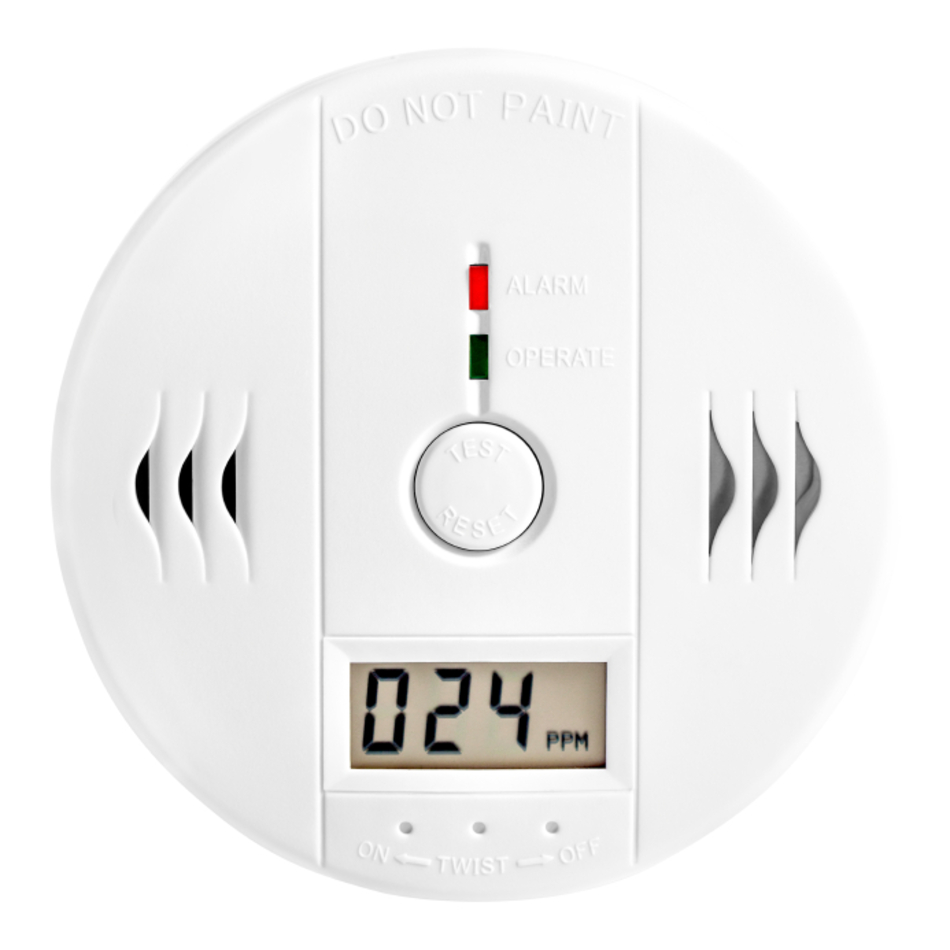
Episode Transcript
Marty Malheiro: Carbon monoxide is known as the silent killer. It can bring on sudden illness and even death. I'm Marty Malheiro, the Outreach Coordinator at the Utah Poison Control Center, and more of this will be coming up on Scope Radio next.
Intro: Medical news and research from University Utah physicians and specialists you can use for a happier, healthier life. You're listening to The Scope.
Marty Malheiro: So, carbon monoxide is a colorless and odorless gas and that's why it tends to catch people of guard. Carbon monoxide is produced from any combustible fume source. So, that could be something as a gas furnace or a gas range or it could be a generator, a camp stove. Anything that produces combustible fumes is a source of carbon monoxide poisoning.
In the winter where we tend to be in closed environments and many of these devices are used inside, we're at greater risk for carbon monoxide poisoning. Carbon monoxide has very similar symptoms to the flu. So, you might get headache, you might get dizzy, nausea, maybe even vomiting and you might think you've got the flu.
You go to bed and you're staying in this house that has more carbon monoxide and you get sicker and what eventually will happen if you don't get the source taken care of, is you'll fall asleep and that's when death comes on.
So, it is a kind of great risk in the wintertime. It's very important to not run certain appliances such as . . . people bring in barbeques, they bring in hibachis into the home, or if they have a power outage, they'll bring in a generator in to heat the home. Anything like that is a real danger for carbon monoxide fumes.
And it's important also to have your furnace checked every year because even if it was running well last year, it might not be running well this year. It's also important to know that young children and the elderly are at increased risk for carbon monoxide poisoning. So, if you have people in those age groups in your home, it's very important to monitor symptoms.
If they've got symptoms, it's really important to always install a carbon monoxide detector. They are absolutely lifesavers. They should be installed near bedrooms. So, if you've got bedrooms on more than one floor, you should have more than one carbon monoxide detector. The biggest problems occur when people are sleeping, so that's why they need to be done close to bedrooms.
If your carbon monoxide detector is going off, it's really important to call 9-1-1 and get the fire department out. They can check immediately if there is a gas leak in the house. They have special monitors where they'll go around your house and check for gas leaks.
If your carbon monoxide detector is just beeping on and off that likely is a battery problem, so the best thing to do would be to replace the battery immediately and then retest it. If it continues going off, again, call either the fire department to check, or your heating company to check.
With the winter months coming on, we do see an increase, we get an increase in calls related to carbon monoxide poisoning. So I just want to caution everyone. Feel free to call the Poison Center if you're concerned, if you have symptoms. Our number is 1-800-222-1222.
If you do, if your carbon monoxide detector does alarm, get out of your house and call for help. Don't stay in the house, even if it's really cold. Put on your coat and get outside. We want everyone to stay happy and healthy during this time of year.
Outro: We're your daily dose of science, conversation, medicine. This is The Scope, University of Utah Health Sciences Radio.